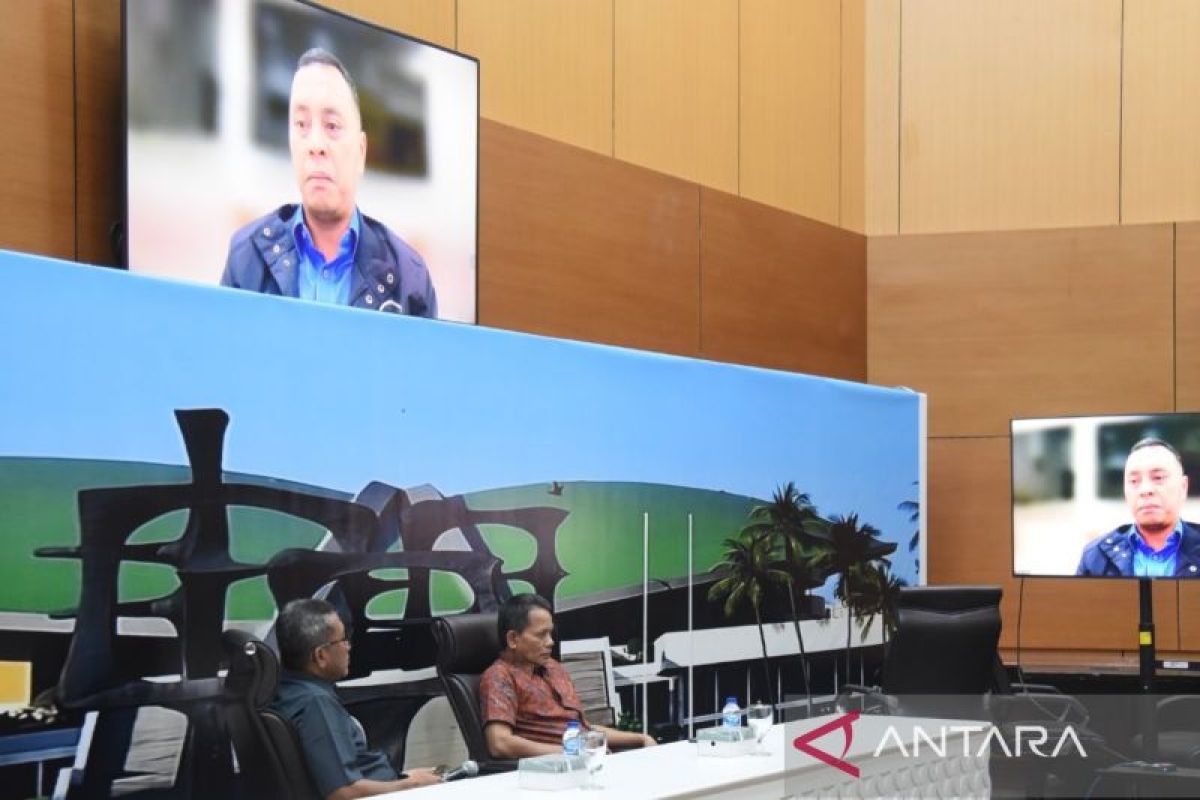This was conveyed by deputy head of the DPR's Legislative Body, Willy Aditya, during the "PPRT Bill as an Effort to Protect Domestic Workers" forum in Jakarta on Tuesday.
"The political will is to provide protection to vulnerable groups," he said. "The first thing that we regulate is the issue of protection."
Aditya noted that domestic workers have so far not received protection because they do not have legal worker status.
He said that the bill is one of the priorities in the national legislation program. Therefore, the DPR is obliged to prioritize deliberations on the bill and its ratification.
"After it is ratified, there will be no job agencies that are not legal entities," he pointed out.
The PPRT Bill was initiated by the DPR in March 2023.
President Joko Widodo (Jokowi) has also submitted the problem areas list (DIM) for the PPRT Bill to the DPR leadership and appointed a ministry that will represent the government during deliberations on the bill with the DPR.
Earlier, several parties, including the National Commission on Human Rights (Komnas HAM), highlighted that the PPRT Bill is yet to be ratified into law.
On July 19, Komnas HAM commissioner Anis Hidayah said that the PPRT Bill concerns national interests, therefore it needs to be ratified promptly.
She noted that the bill will affect many parties because it will provide legal certainty to not only workers but also employers.
Baca juga: Migrant workers in developed countries vulnerable to radicalism
Baca juga: PPRT Law improves domestic workers' quality
Furthermore, she said that if the bill is not passed into law, domestic workers will remain at risk and vulnerable to various threats, including human trafficking and sexual exploitation.
Hidayah expressed optimism that the bill will be ratified before the end of President Jokowi's term.
Pewarta : Tri Meilani, Raka Adji
Editor:
I Komang Suparta
COPYRIGHT © ANTARA 2026









